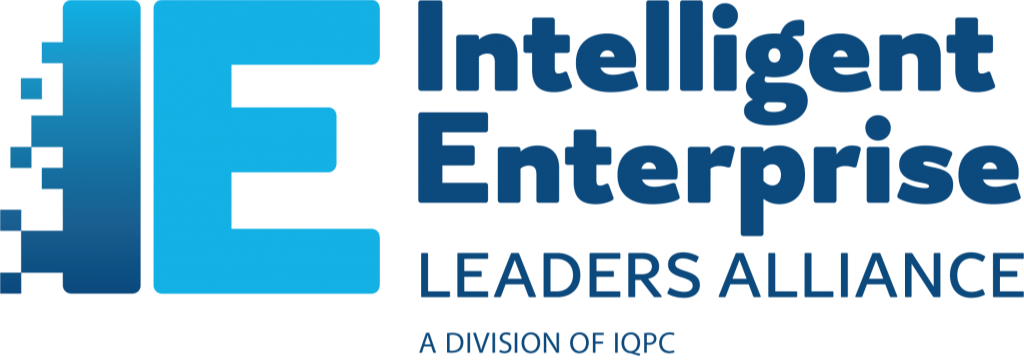
Mo Jamous
former CIO – Consumer & Business Banking U.S. BankMo Jamous is a Technology Executive at U.S. Bank leading the Consumer and Business Banking Technology organization. He is driving the end to end AI & Digital transformation at U.S. Bank for all of the Digital + Human channels ( Mobile, Online, Call Center, Branch , and ATM). In his current role Mo also supports all of the digital initiatives for the Business Banking, Wealth Management, Payments and Operations lines of business. Mo has a deep understanding and expertise in the AI space, as he leads Enterprise AI technology enablement, a core part of U.S. Bank's strategy to boost productivity, grow the business, and maintain operational excellence. At U.S. Bank Mo Jamous has demonstrated a very strong track record in organizational transformation, operational excellence, and innovation. Under his leadership, the U.S. Bank Mobile app is now ranked as the #1 Mobile app among the top 17 banks in the U.S. as rated in the Keynova yearly report (https://www.keynovagroup.com/winners). At U.S. Bank Mo is leading a global portfolio of ~$800 MM in capital and expense budget and has a global organization delivering on his portfolio. Mo joined U.S. Bank in Feb 2020 from BBVA Global where he served as the Global Head of Mobile Technologies accountable for the leadership and strategy of building global digital solutions in the 11 countries where BBVA operated. Mo is a Technology Executive with more than 23 years of experience with the majority of it in the Banking and Financial sector. He has led several global initiatives at the highest levels while focusing on the three things he is most passionate about: customer centricity, cultural transformation, and technology modernization.
Agenda
1:00 PM PANEL DISCUSSION: Creating an Intelligent Automation Strategy in the Age of AI: Balancing Intelligent With Traditional Automation, and Innovation With Risk
For the longest time, companies have relied on traditional automation to optimize processes and workflows. But task-based automations aren’t reusable, scalable, or sustainable enough to deliver value at large. As intelligent automation evolves from tactical RPA deployments to AI-enhanced, end-to-end process orchestration, it is opening the door to gain deeper insights, more cost reduction, and productivity gains. By combining RPA, BPA, AI, data and analytics to create an end–to-end process that can learn and adapt on its own, enterprises can manage more complex processes and unlock efficiency, adaptability and innovation. This session explores how to identify opportunities for intelligent automation while balancing AI innovation with the scale and reliability of traditional automation tools and methods. How organizations are transitioning from traditional to AI-enabled automation.
- Understanding how to identify which use cases are best suited for deterministic vs non-deterministic models
- Evaluating key considerations for introducing agentic AI into existing automation programs
- Ensuring cybersecurity and governance while deploying agentic AI in critical processes
- Driving relevant outcomes across the business with ecosystem automation
- Building a roadmap that aligns automation with business strategy and outcomes



